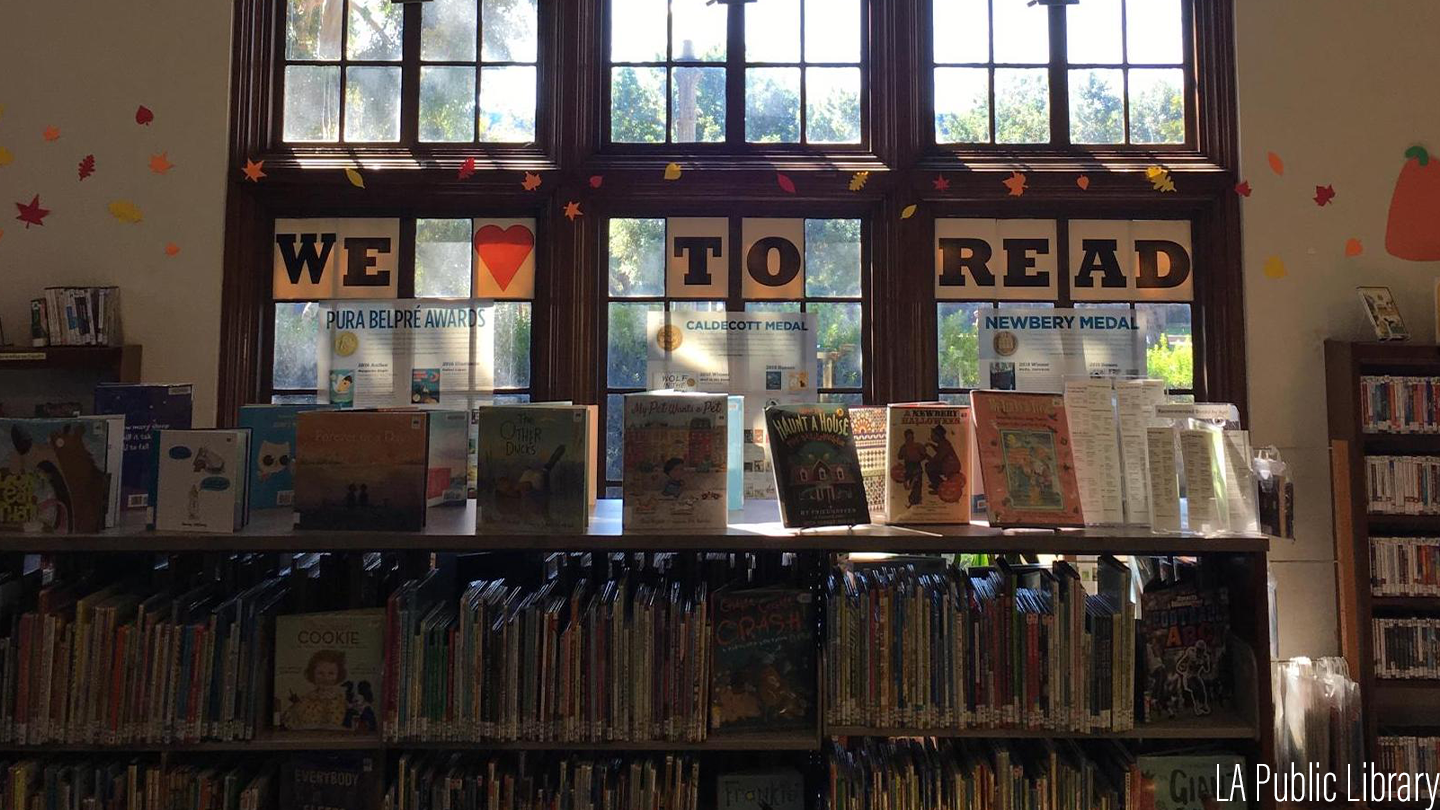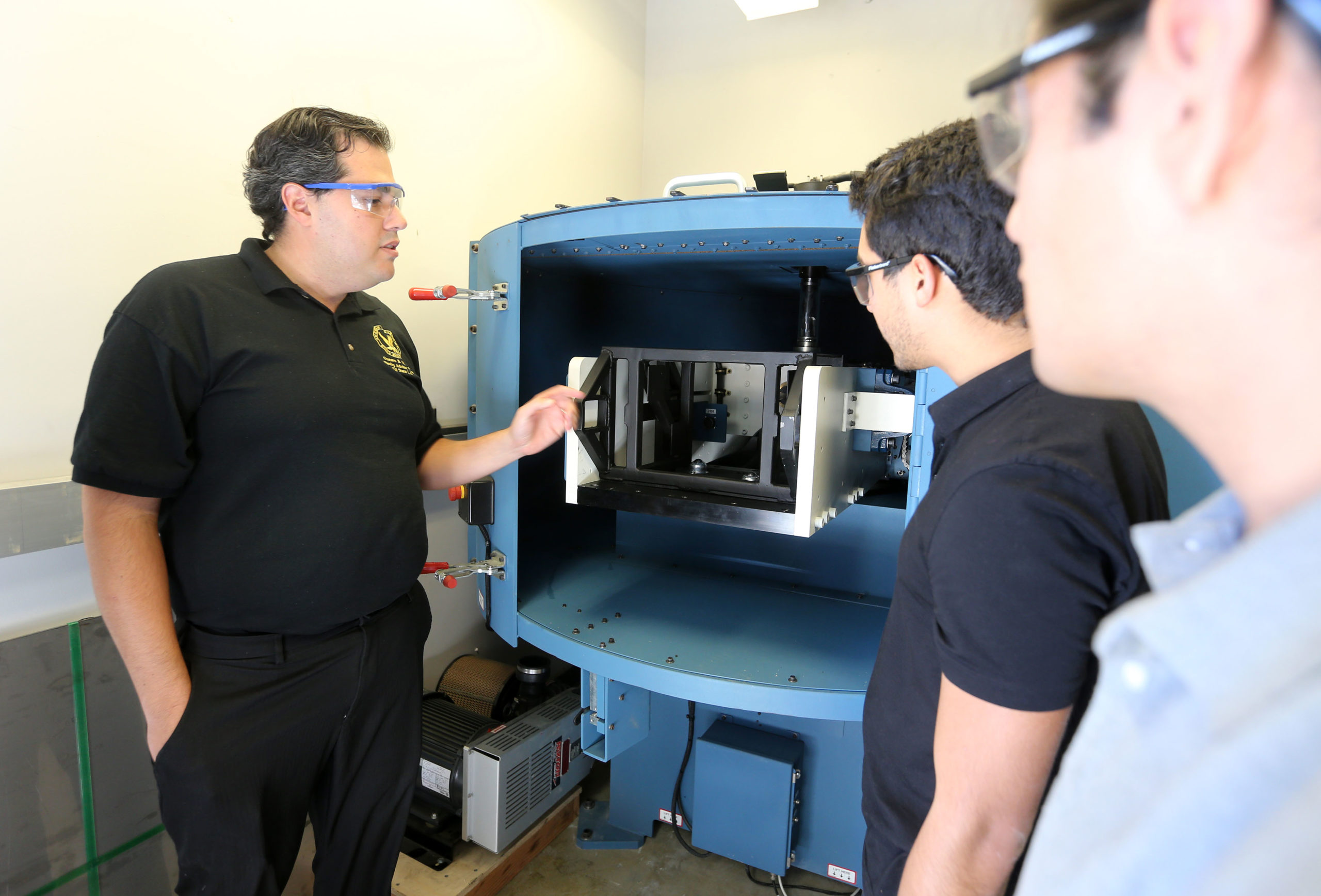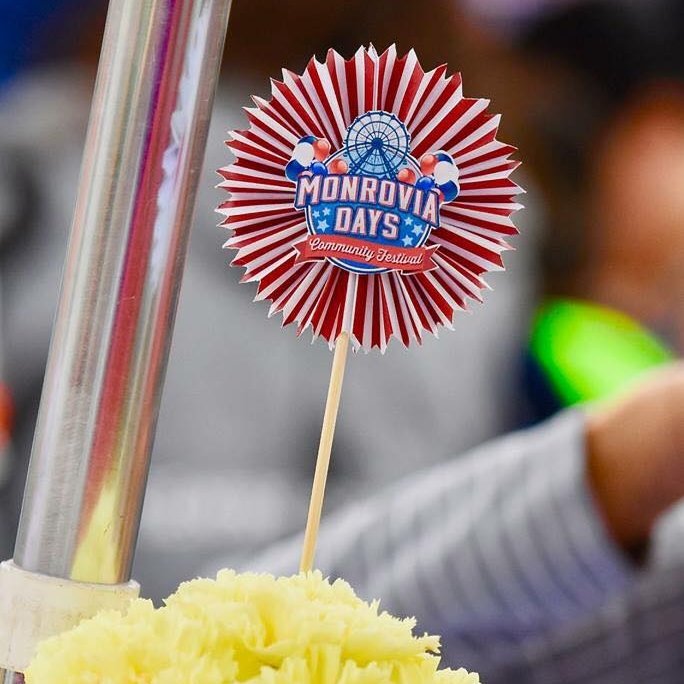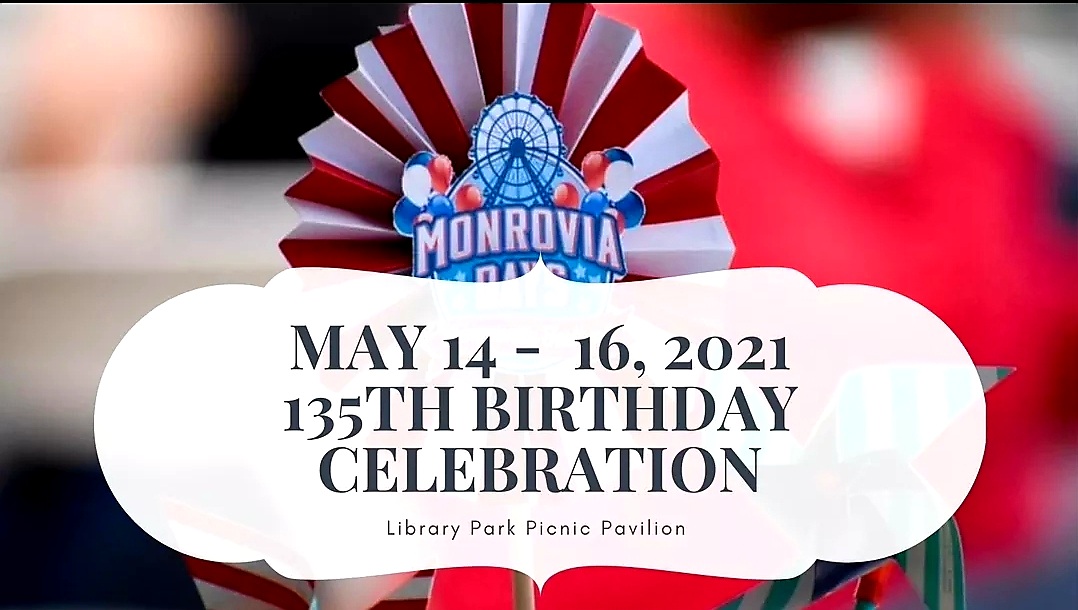Opinion by Shawn Spencer
I don’t think I have ever spoken to someone that said they did not love Monrovia. What’s not to love? We live in a beautiful city, nestled in the foothills of the San Gabriel mountains. We have a close-knit community, and we care about the preservation and integrity of our town. What better way to show your love than to become more involved? If you’ve thought about it but didn’t quite know how or where to get started, you’re in luck! The City of Monrovia is now accepting applications for terms beginning July 1, 2021, for the Monrovia Planning Commission, Historic Preservation Commission, Community Services Commission, and Monrovia Old Town Advisory Board. There is the Monrovia Area Partnership (MAP), which is a community-based program to combat crime, blight and resident apathy. MAP’s mission is to increase civic engagement, strengthen relationships and build community through resident assistance, neighborhood cultivation and community education. There is also the Youth Commission for Monrovia students in the sixth-12th grade. This is a wonderful way to get our kids involved in their community! You can learn more about these boards and commissions by visiting the City of Monrovia website.
Please forgive me for this, but I would like to take a moment to write about our kids and depression, which has been exacerbated by the pandemic. As a community, we have lost too many children. We have failed them by not foreseeing the impact this could/would have on our youth. On Saturday, April 17, a young Monrovia man took his life. He had just turned 18 in February and was looking forward to his upcoming graduation. He was loved by many for being a sweet, loving, funny and artistic young man. His family is devastated, but so are his friends, teachers and peers.
Worried your teen might be thinking about suicide? Ask them. Having a loved one who is thinking about suicide can be terrifying, but there are a number of things you can do to reduce the risk:
1. Ask them directly. Don’t beat around the bush or try to be delicate. Say, “Have you wished you could go to sleep and never wake up?” or “Are you thinking about killing yourself?”
2. Don’t panic if you get a yes. Just because someone says they have thought about it, does not mean they want or intend to do anything about it. Ask more questions (check out the Columbia Suicide Rating Scale for what questions to ask). However, if someone says they are thinking about it, have a plan that is doable, and intend to carry out this plan, do not be afraid to call 911.
3. Reduce access to lethal means. Lock up the knives, move the guns out of the house, put medications in a lock box they can’t open. Suicide is an impulsive act and reducing easy access to something they might use to self-harm or suicide can give them those few moments in which to reconsider.
4. Listen without judgment or argument. Make it safe for them to talk about their feelings. Being able to talk about suicidal thoughts can reduce them. It also gives you a chance to intervene and get help. And follow up. Keep the lines of communication open and show them that you are a safe person to talk to.
5. Access resources like the National Suicide Prevention Lifeline (800-273-8255) and the Crisis Text Line (741741). Put the number in their phone and yours. The website has resources and information for everyone.
6. Get them a therapist. Having a professional to talk to gives them access to a person who is trained to help them identify effective strategies and solutions. It might be tempting to think you can handle it on your own, but why not give them all the resources you can to help them get better?
A final thought, even if you don’t think your teen is thinking about suicide, ask them. Suicides often happen in clusters so now is a good time to check in.
A key resource:
National Suicide Prevention Lifeline
(800) 273-8255
The Lifeline provides 24/7, free and confidential support for people in distress, prevention and crisis resources for you or your loved ones, and best practices for professionals. Available 24 hours. English, Spanish.
A few helpful articles:
- “Talking to teens: Suicide prevention”
https://www.apa.org/topics/teen-suicide-prevention - “Teen suicide: What parents need to know”
https://www.mayoclinic.org/…/teen-suicide/art-20044308 - “Suicide Prevention”
https://www.nimh.nih.gov/…/suicide-prevention/index.shtml
A useful tool:
The Columbia-Suicide Severity Rating Scale (C-SSRS)
https://www.bcbst.com/…/Behavior…/c-ssrs-information.pdf







